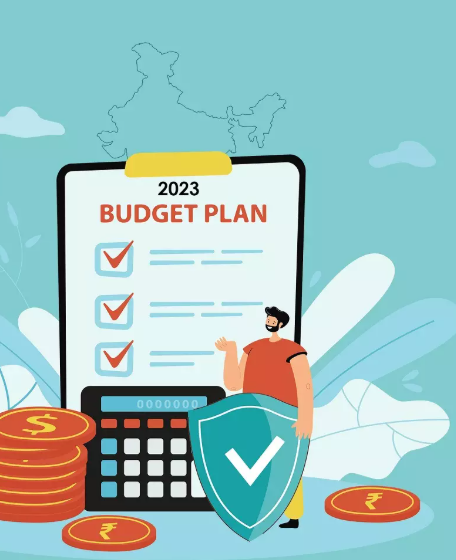As we approach the Chancellor’s first Budget on 30th October, the financial world is abuzz with anticipation. Although specific details remain under wraps, Prime Minister Sir Keir Starmer has suggested that the fiscal plan will be “painful,” with high earners expected to shoulder the burden. While the Labour Government has pledged not to alter income tax or national insurance rates, there are still plenty of other tax changes that could be in store, particularly in areas like Capital Gains Tax (CGT), Inheritance Tax (IHT), and pensions.
Let’s explore how you can proactively prepare for these potential changes and what you need to know before making any financial moves.
The Timing of Potential Changes
A key consideration is when these changes will take effect. Some adjustments might be implemented immediately, possibly from 31st October, while others could be delayed until the start of the next tax year (6th April 2025). If the changes take effect at the start of the new tax year, you’ll have time to review your strategies and take advantage of current tax rates and allowances. However, if changes are immediate, there won’t be time to plan, so it’s crucial to consider acting sooner rather than later.
Key Financial Strategies to Consider
1. Pension Contributions: Act Now to Maximise Tax Relief
For high earners, pension contributions are a great way to reduce taxable income, but there’s a risk that tax relief could be limited. Rumors suggest that higher-rate (40%) and additional-rate (45%) taxpayers might lose the ability to claim full tax relief on pension contributions, with relief being restricted to the basic rate (20%). To avoid missing out on these benefits, consider bringing forward any planned pension contributions now, before these changes take effect.
You also have the option to use carry-forward allowances, which allow you to utilize unused pension contribution limits from the previous three years. To take advantage of this, you’ll need to ensure you’ve met the £60,000 annual allowance before tapping into carry-forward.
2. Take Advantage of Your ISA Allowance
The annual ISA contribution limit stands at £20,000, and if you typically wait until the end of the tax year to use this allowance, it might be wise to make your contributions now. Should the Budget result in an increase or decrease to the ISA limit, you won’t miss out on potential extra allowances or risk contributing less due to a reduction.
3. Review Your Capital Gains Tax Strategy
The annual Capital Gains Tax exemption stands at £3,000, and if you plan to sell assets that might result in a capital gain, it may be beneficial to act now. Any gains within this allowance are not taxed, so making asset disposals early in the tax year can help you make the most of your exemption before any potential reduction in this threshold. Additionally, if you hold assets in a General Investment Account, you can offset gains against your ISA allowance.
4. Maximise Inheritance Tax Allowances
Inheritance tax can often be overlooked, but the annual gifting exemption of £3,000 allows individuals to gift money without it affecting their estate value for IHT purposes. If you haven’t used the full exemption in the previous tax year, you can carry it forward, allowing you to gift up to £6,000 this year. For couples, this could mean a total of £12,000 in tax-free gifts. If the allowance increases, you’ll be able to gift even more without incurring IHT.
5. Existing Provisions: Will They Be Affected?
It’s important to remember that when changes occur in the budget, existing provisions are typically not affected. For example, ISAs and pensions that were established before recent changes are still subject to the original tax benefits. Even if new regulations are introduced, they likely won’t apply retroactively to existing investments.
Take Action Before the Budget
While it’s impossible to predict exactly what changes will be announced, it’s always prudent to plan ahead. Consider reviewing your financial situation and making decisions on pension contributions, capital gains, and ISAs ahead of the Budget to ensure you’re maximising available tax relief and allowances. It’s a good idea to consult with a financial advisor before making any significant moves, especially with the possibility of immediate changes in the tax landscape.
In conclusion, while the future remains uncertain, by staying informed and taking proactive steps now, you can make the most of current tax rates and allowances, ensuring your financial plans are well-structured for both the short and long term.



